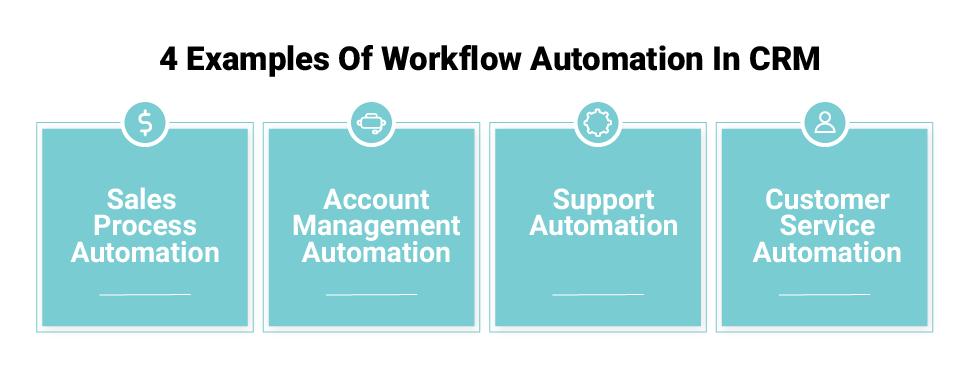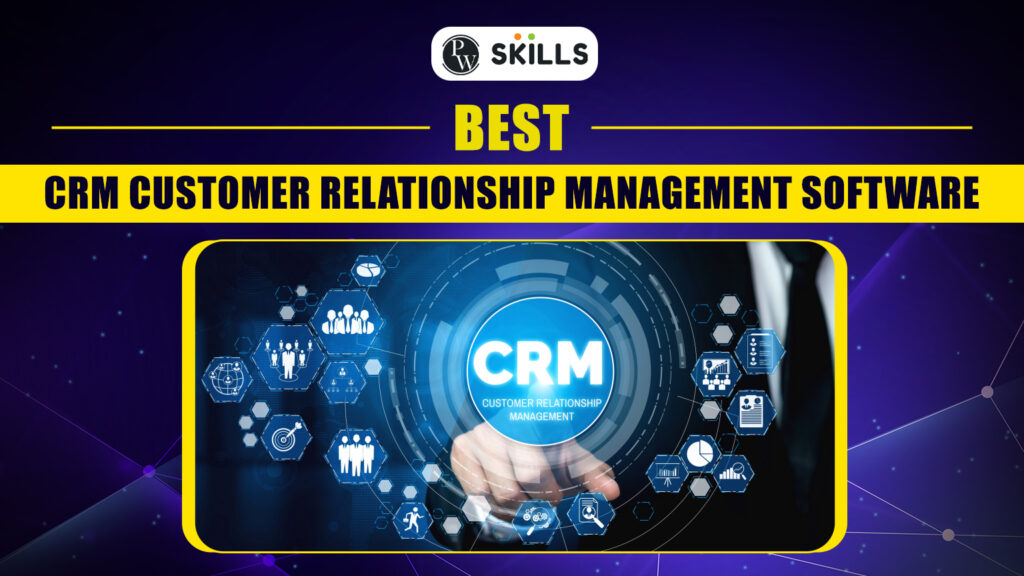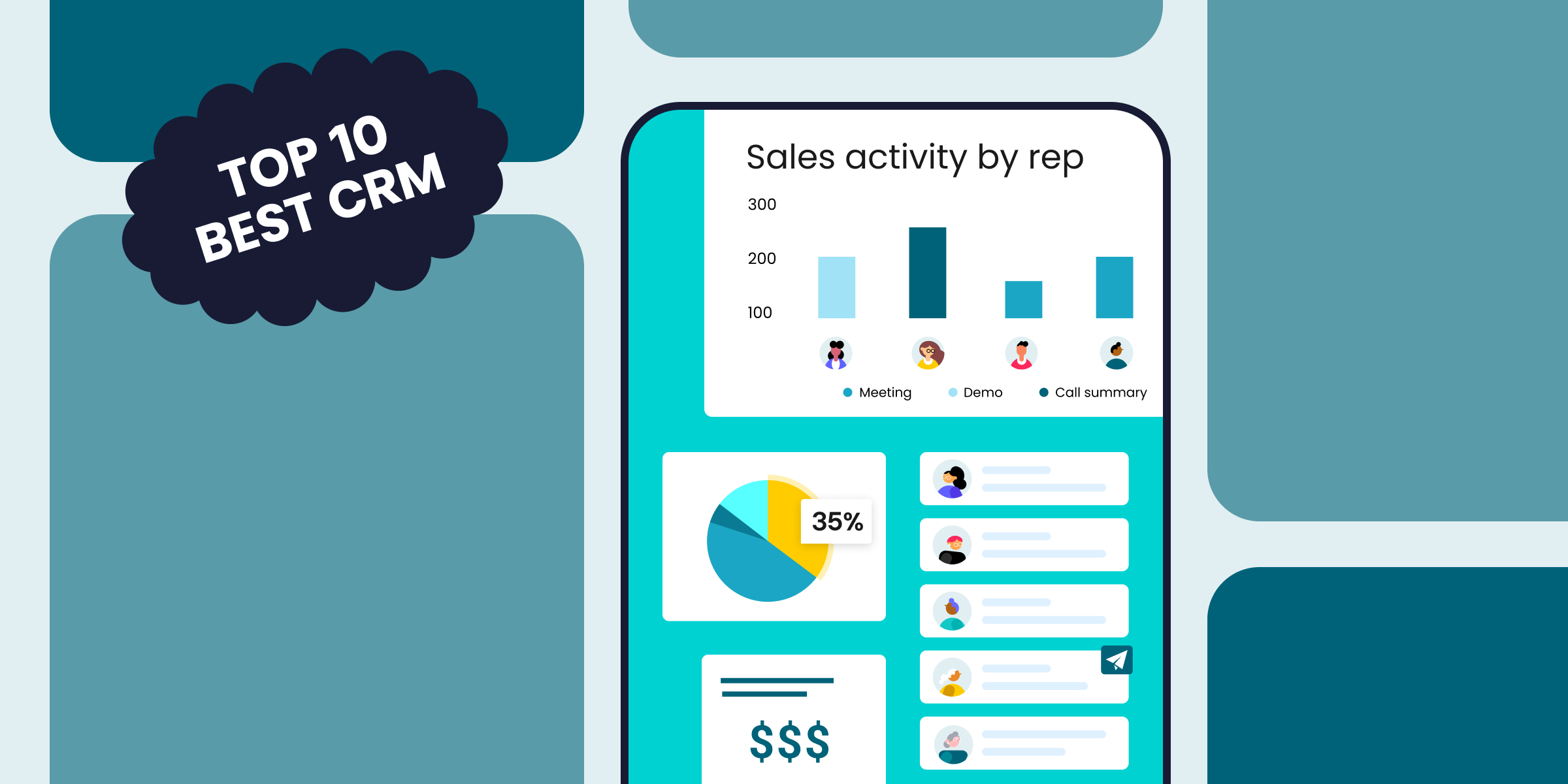Introduction: The Power of CRM for Small Business Marketing
In the dynamic world of small business marketing, staying ahead of the curve requires more than just a great product or service. It demands a deep understanding of your customers, their needs, and their behaviors. This is where Customer Relationship Management (CRM) software steps in, transforming the way small businesses approach marketing. CRM isn’t just a tool; it’s a strategic approach to building lasting customer relationships, driving growth, and optimizing marketing efforts. This article delves into the essence of CRM for small business marketing, exploring its benefits, features, implementation, and how it can propel your business to new heights.
What is CRM and Why Does It Matter for Small Businesses?
At its core, CRM is a technology that manages all your company’s relationships and interactions with customers and potential customers. The goal is simple: improve business relationships. A CRM system helps you stay connected to customers, streamline processes, and improve profitability. When people talk about CRM, they often mean a CRM system – a tool that helps with contact management, sales management, productivity, and more.
For small businesses, CRM offers a level playing field. It allows you to compete with larger companies by providing the same tools and insights needed to understand and serve your customers effectively. Without a CRM, valuable customer data can be scattered across spreadsheets, email inboxes, and even team members’ memories. This fragmented approach leads to inefficiencies, missed opportunities, and a disjointed customer experience. A CRM centralizes all this information, making it accessible and actionable.
Key Benefits of CRM for Small Business Marketing
Implementing a CRM system offers a multitude of benefits, transforming how small businesses approach marketing and customer engagement:
- Improved Customer Understanding: CRM provides a 360-degree view of your customers, including their demographics, purchase history, communication interactions, and preferences. This comprehensive understanding allows you to tailor your marketing messages, personalize customer experiences, and anticipate their needs.
- Enhanced Sales Performance: CRM streamlines the sales process by automating tasks, tracking leads, and providing sales teams with the information they need to close deals. This leads to increased efficiency, higher conversion rates, and ultimately, more revenue.
- Streamlined Marketing Campaigns: CRM enables you to segment your customer base and create targeted marketing campaigns. By delivering the right message to the right audience at the right time, you can improve campaign effectiveness and maximize your return on investment (ROI).
- Increased Customer Retention: CRM helps you build stronger customer relationships by providing personalized service, proactive communication, and consistent follow-up. Happy customers are more likely to stay loyal to your brand, leading to increased customer lifetime value.
- Better Data Management and Reporting: CRM centralizes all customer data in one place, making it easy to track key metrics, analyze trends, and generate insightful reports. This data-driven approach allows you to make informed decisions and optimize your marketing strategies.
- Improved Team Collaboration: CRM facilitates seamless communication and collaboration between different departments, such as sales, marketing, and customer service. This ensures everyone has access to the same customer information and can work together more effectively.
Essential CRM Features for Small Business Marketing
When choosing a CRM system for your small business, consider these essential features that will directly impact your marketing efforts:
- Contact Management: This is the foundation of any CRM. It allows you to store and organize customer contact information, including names, addresses, phone numbers, email addresses, and social media profiles.
- Lead Management: CRM helps you track and manage leads from the initial inquiry to the final sale. Features include lead scoring, lead nurturing, and automated follow-up.
- Sales Automation: Automate repetitive sales tasks, such as sending emails, scheduling appointments, and creating follow-up reminders.
- Marketing Automation: Design and execute automated marketing campaigns, such as email newsletters, drip campaigns, and social media scheduling.
- Email Marketing Integration: Integrate your CRM with your email marketing platform to send targeted email campaigns and track their performance.
- Social Media Integration: Connect your CRM with your social media accounts to monitor mentions, engage with customers, and manage your social media presence.
- Reporting and Analytics: Generate reports and analyze data to track key metrics, measure campaign performance, and identify areas for improvement.
- Mobile Access: Access your CRM data and functionality from anywhere with a mobile app.
- Integration with other tools: Ensure your CRM integrates with other tools you use, like accounting software, e-commerce platforms, and communication tools.
Choosing the Right CRM for Your Small Business Marketing Needs
Selecting the right CRM system is crucial for its successful implementation and adoption. The best CRM for your small business depends on your specific needs, budget, and technical capabilities. Here are some factors to consider:
- Your Business Needs: Identify your key marketing goals and challenges. What are you hoping to achieve with a CRM? What features are most important to you?
- Budget: CRM systems range in price from free to thousands of dollars per month. Determine your budget and look for systems that offer the features you need within your price range. Consider the long-term cost, including implementation, training, and ongoing support.
- Ease of Use: Choose a CRM system that is easy to learn and use. The easier it is to use, the more likely your team will adopt it. Look for a user-friendly interface, intuitive navigation, and helpful tutorials.
- Scalability: Select a CRM system that can grow with your business. As your business expands, you’ll need a CRM that can handle increased data volume, user accounts, and functionality.
- Integration Capabilities: Ensure the CRM integrates with your existing tools and platforms, such as your website, email marketing platform, and accounting software.
- Customer Support: Choose a CRM provider that offers excellent customer support. Look for options such as phone, email, live chat, and a comprehensive knowledge base.
- Reviews and Recommendations: Research CRM systems and read reviews from other small businesses. Ask for recommendations from your network.
Some popular CRM platforms for small businesses include:
- HubSpot CRM: A popular, free CRM with a wide range of features, including contact management, sales automation, and marketing automation.
- Zoho CRM: A comprehensive CRM with a variety of features, including sales force automation, marketing automation, and customer service.
- Salesforce Essentials: A simplified version of Salesforce designed for small businesses, offering essential CRM features.
- Pipedrive: A sales-focused CRM that is known for its user-friendliness and visual sales pipeline.
- Freshsales: A sales CRM that offers features like built-in phone, email, and chat.
Step-by-Step Guide to Implementing CRM for Small Business Marketing
Implementing a CRM system can seem daunting, but with careful planning and execution, you can ensure a smooth transition. Here’s a step-by-step guide:
- Define Your Goals: Before you start, clearly define your marketing goals and how you want the CRM to help you achieve them.
- Choose Your CRM: Select the CRM system that best fits your needs and budget.
- Plan Your Implementation: Develop a detailed implementation plan, including timelines, responsibilities, and data migration strategies.
- Import Your Data: Import your existing customer data into the CRM system. Ensure that your data is accurate and up-to-date.
- Customize Your CRM: Configure the CRM to meet your specific needs. Customize fields, workflows, and reports.
- Train Your Team: Provide training to your team on how to use the CRM system effectively.
- Test the System: Before going live, test the CRM system to ensure that it is working correctly.
- Go Live: Launch the CRM system and start using it to manage your customer relationships.
- Monitor and Optimize: Regularly monitor the performance of the CRM system and make adjustments as needed.
Data Migration and Management Best Practices
Migrating your data into a new CRM system requires careful planning and execution. Here are some best practices for data migration and ongoing management:
- Data Cleaning: Before importing your data, clean it up. Remove duplicates, correct errors, and standardize formats.
- Data Mapping: Map your existing data fields to the corresponding fields in the CRM system.
- Data Import: Import your data in batches to avoid overwhelming the system.
- Data Security: Protect your customer data by implementing security measures, such as data encryption and access controls.
- Data Backup: Regularly back up your CRM data to prevent data loss.
- Data Governance: Establish data governance policies to ensure that your data is accurate, consistent, and compliant with privacy regulations.
CRM and Marketing Automation: A Powerful Combination
Integrating CRM with marketing automation tools can significantly enhance your marketing efforts. Marketing automation allows you to automate repetitive tasks, personalize customer interactions, and nurture leads through the sales funnel.
Key benefits of integrating CRM and marketing automation include:
- Lead Scoring and Nurturing: Automatically score leads based on their behavior and engagement, and nurture them with targeted content and communications.
- Personalized Email Marketing: Send personalized email campaigns based on customer data, such as demographics, purchase history, and interests.
- Behavioral Targeting: Target customers based on their behavior on your website, such as pages visited, products viewed, and forms submitted.
- Improved ROI: Improve your return on investment by automating marketing tasks and optimizing campaign performance.
Measuring the Success of Your CRM Marketing Strategy
To ensure that your CRM marketing strategy is effective, it’s crucial to track and measure your results. Here are some key metrics to monitor:
- Customer Acquisition Cost (CAC): The cost of acquiring a new customer.
- Customer Lifetime Value (CLTV): The predicted revenue a customer will generate over their lifetime.
- Conversion Rates: The percentage of leads that convert into customers.
- Sales Revenue: The total revenue generated from sales.
- Customer Retention Rate: The percentage of customers who remain loyal to your brand.
- Customer Satisfaction: Measure customer satisfaction through surveys and feedback.
- Campaign ROI: The return on investment for your marketing campaigns.
Common Challenges and How to Overcome Them
While CRM offers numerous benefits, small businesses may face some challenges during implementation and usage. Here are some common challenges and tips on how to overcome them:
- Lack of User Adoption: Ensure your team is properly trained and understands the value of using the CRM. Provide ongoing support and encouragement.
- Data Quality Issues: Implement data cleaning and governance policies to ensure data accuracy.
- Integration Problems: Choose a CRM that integrates well with your existing tools and platforms.
- Cost Concerns: Research different CRM options and choose one that fits your budget. Look for free or affordable options.
- Lack of Time and Resources: Prioritize CRM implementation and allocate sufficient time and resources. Consider outsourcing some tasks.
The Future of CRM in Small Business Marketing
The future of CRM in small business marketing is bright. As technology continues to evolve, CRM systems will become even more sophisticated and integrated. Here are some trends to watch:
- Artificial Intelligence (AI): AI will play an increasingly important role in CRM, automating tasks, providing insights, and personalizing customer experiences.
- Mobile CRM: Mobile CRM will become even more important, allowing businesses to access their CRM data and functionality from anywhere.
- Integration with IoT: CRM will integrate with the Internet of Things (IoT), enabling businesses to collect data from connected devices and personalize customer experiences.
- Focus on Customer Experience: CRM will increasingly focus on delivering exceptional customer experiences.
- Data Privacy and Security: Data privacy and security will become even more critical, with CRM systems incorporating more robust security measures.
Conclusion: Embracing CRM for Small Business Success
In conclusion, CRM is a powerful tool that can transform the way small businesses approach marketing. By implementing a CRM system, you can gain a deeper understanding of your customers, streamline your sales and marketing processes, and build stronger customer relationships. By embracing CRM, small businesses can unlock growth, improve profitability, and achieve lasting success. The journey to implementing a CRM might seem daunting, but the benefits—from improved customer relationships to increased sales—are well worth the effort.




